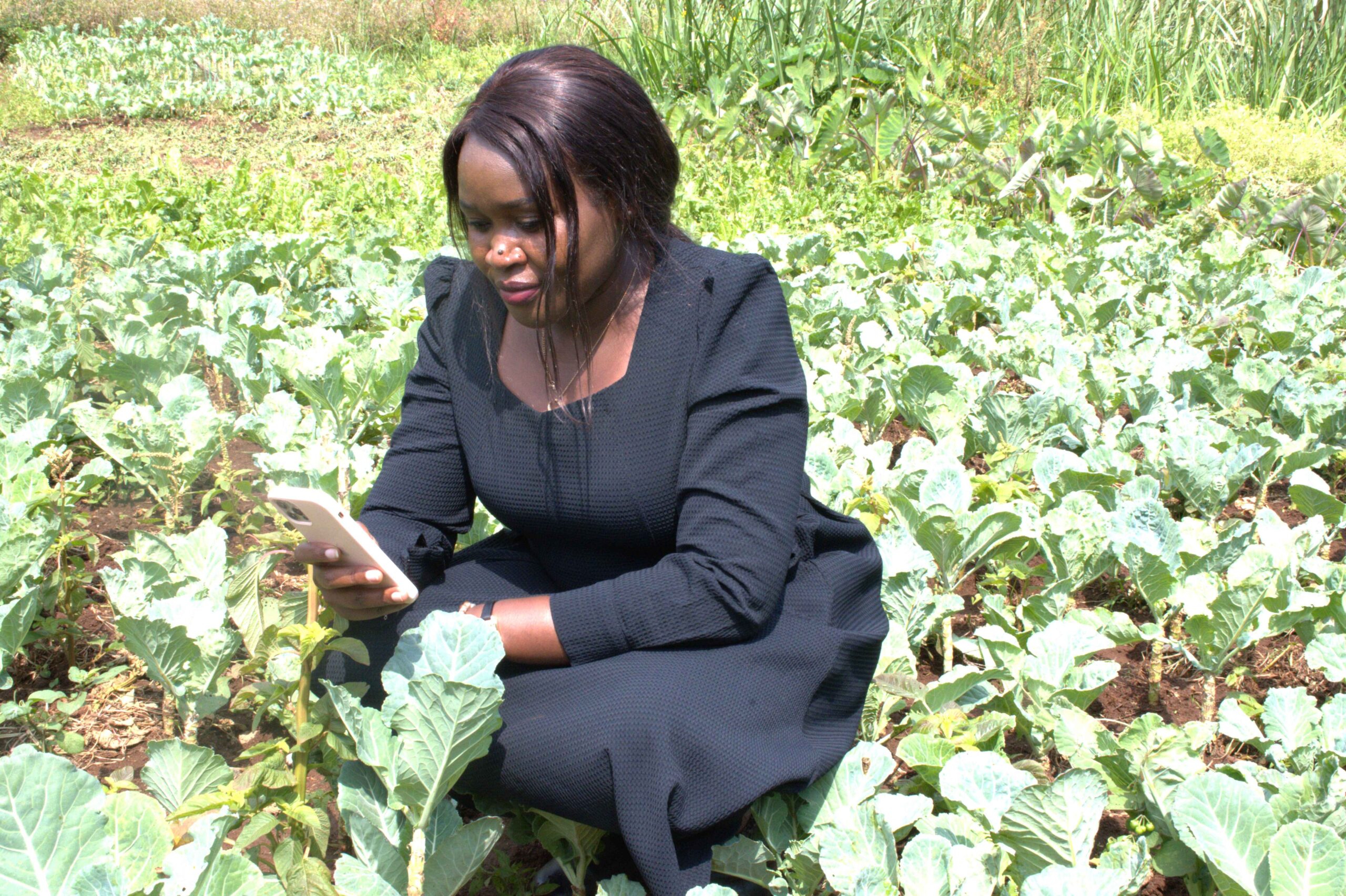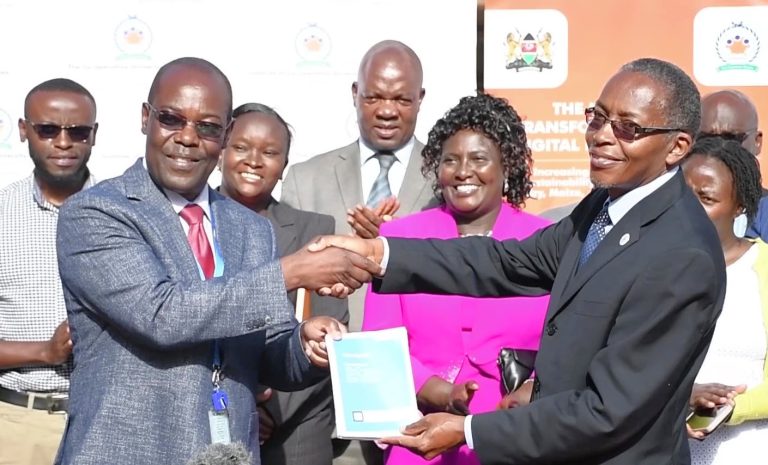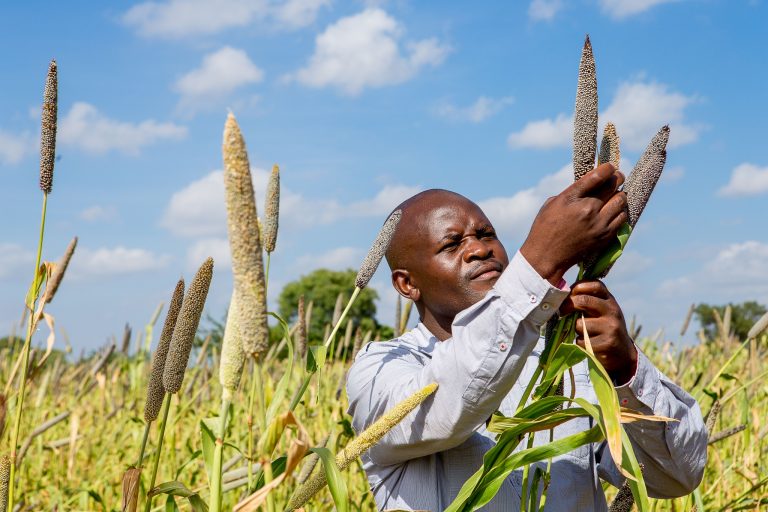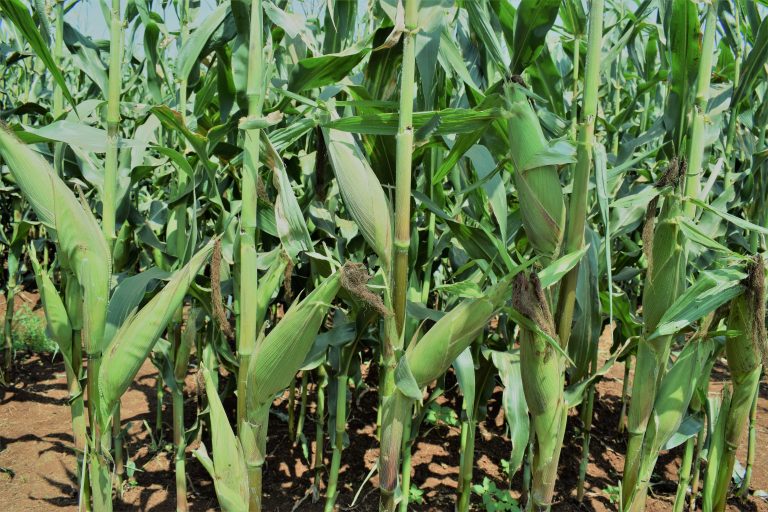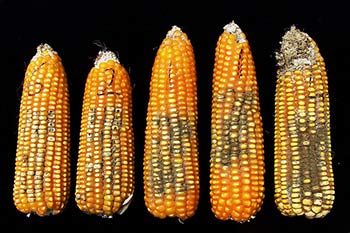By Kimuri Mwangi
Growing up in Kitala Village, Konoin Constituency in Bomet County, Karen Cherono was accustomed to helping her parents with maize farming, the family’s main source of food and income. Like many households in the Rift Valley, their livelihood revolved around maize, a crop grown extensively across the region.
But in February 2021, disaster struck. The maize in her village was wiped out by maize lethal necrosis disease (MLND), a devastating outbreak that affected farmers across the county. What followed was widespread loss of livelihoods. Families went hungry, and many children were sent home from school because their parents could not afford the fees.
“The following season, they still planted because they didn’t get information that whenever there’s an outbreak of MLND, you need to move to another farm. You don’t plant in the same place. So, they cultivated again, planted in the same area, and the same thing happened. Crops died again. Now you can imagine the havoc that was caused,” Cherono recalled, her voice tinged with sadness.
Seeing her community suffer due to a lack of access to vital agricultural information stirred her into action. “The sight of children not going to school and families going hungry pricked my conscience,” she said. “So, if there’s an outbreak where our whole region has lost their crops, it becomes so bad. So, being in IT, it was dear to me because I understand their plight. And when AI came, I said, finally, there is something that can help them find the information that they really need right at their mobile phones, because access to this information through the county extension officers is limited or cannot be accessed.”
That realization gave birth to AgroMind, an Artificial Intelligence (AI) powered application offering digital advisory services for farmers.
“This AgroMind AI is for those specific farmers,” Cherono explained. “ It provides timely information to farmers in terms of crop management and climate-smart agricultural practices. It also helps farmers in diagnosing plants and pests in their crops. And after diagnosis, it gives them a recommendation on how to manage the plants and diseases in the crops. Another thing that this platform does is give them information on weather forecasts.”
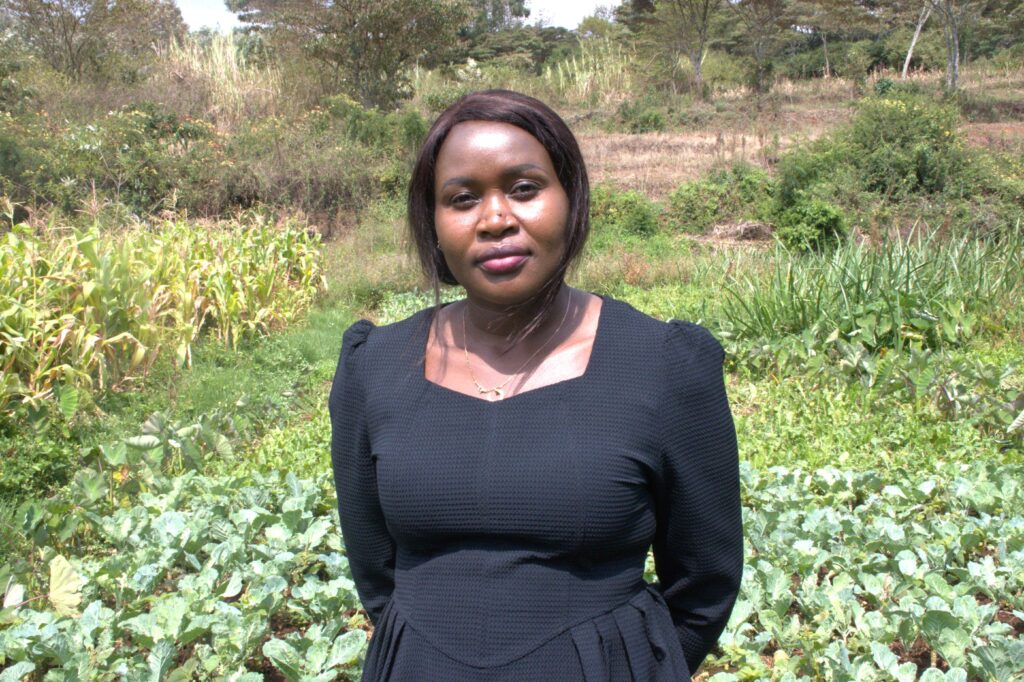
AgroMind provides seven-day weather forecasts, allowing farmers to plan key activities such as spraying, watering, harvesting, and planting. “Another thing that this AI does is give them market analysis on the crops that they sell. The AI can be able to scan the available markets and give them information on the prices that is in the markets, whether it is high or low, whether they need to move, maybe to another market or not. So that is basically what the AI does. Another thing that the AI does is give farmers recommendations on the fertilizer that they need to apply to their crops,” she said.
Farmers can also upload their soil test results to the platform, and the AI generates tailored fertilizer recommendations. “Apart from using the AI, we also have access to agricultural specialists within the app. If the farmer doubts the information that the AI is providing, they can be able to be connected to a specialist to confirm the information that they have received on their mobile phones,” Cherono added.
She noted that AgroMind is particularly valuable in Kenya, where access to county extension services remains limited. “Most of the farmers that we have encountered using this app really appreciate it because it comes in handy. It is always available for them, and it is reachable. Unlike the traditional method, where you used to wait for an agricultural extension officer to reach the ground so that they could give you information.”
Farmers can download AgroMind directly from the Google Play Store, making it easily accessible. Her passion for merging technology and agriculture stems from her professional background. “I’ve built several systems for agricultural activities. So that is why now we have this combination of IT and agriculture, because that is what I understand. I work in an agricultural institution and I’m an IT person,” she said.
Feedback from users has been overwhelmingly positive. “Most farmers actually appreciate this platform. One, because they can be able to plan for themselves. You can be able to plan when to spray your crops, when to water your crops, and when to even harvest. Another thing that the farmers are really appreciating is the fact that they can be able to know exactly what is ailing their crops,” she explained.
However, Cherono admits that developing AgroMind was not easy. “AI is still a bit fresh in Kenya, not even in Kenya alone, but throughout the world. Even getting the expertise to really develop or come up with this application was a bit of a challenge. We really had to learn a lot. So that is why it took a bit of time to really come up with this platform,” she said. “Another thing is access to funding. To develop this thing, it is not easy. So you need money to develop it.”
Despite these hurdles, AgroMind has already attracted around 5,000 farmers, with operations rolled out in Baringo County. “We have really worked with Baringo County, which has been helping us, but we are also reaching out to other counties so that we can be able to integrate,” Cherono said. “It really helps when you go through the counties because agriculture is their devolved function.”
Through partnerships with farmer groups and cooperatives, AgroMind has also built a strong peer-to-peer network. “Within the platform, we also have where they can share peer-to-peer advice apart from the AI. We have what we call the AgroMind community within the platform, where they have been able to share information even among themselves on how to manage crops.”
Cherono’s team now plans to expand AgroMind across all counties and develop a USSD version to reach farmers who lack smartphones. “We are also planning on having even the USSD platform so that the normal mobile phones can be used,” she said. “Right now we just focus on the small holder farmers, but our plans are also to include large-scale farmers so that they can be able to use even drones to check if their crops have any deficiencies or if there are pests and diseases.”
They also intend to onboard certified agro-dealers and agro-vets to ensure farmers access genuine farm inputs. “Having these agro-dealers and agro-vets within the app who have been certified they sell certified products, it will really help the farmers by ensuring that the product they get from the market is from a certified agro-dealer. And that means it is quality,” she emphasized.
Cherono believes that AI is the future of agriculture. “AI is here to stay with us. The world is moving in terms of technology, and AI is here to stay with us. And when we talk about AI, it is not just information that is out there. Research has been done, completely done, and it has shown that for you to get that recommendation, there is a lot of research that has been done behind the scenes. So, this AI is actually accurate,” she said.
She added that technology is making farming more efficient and affordable. “It reduces the cost of access to this information. For example, if it recommends to you to buy a certain product through the research that has been done, it will cut the cost of you trying other products that might not even work. So, it will lower the cost of production.”
Cherono is optimistic that digital tools like AgroMind will redefine how farmers access information, plan their farming activities, and safeguard their livelihoods.
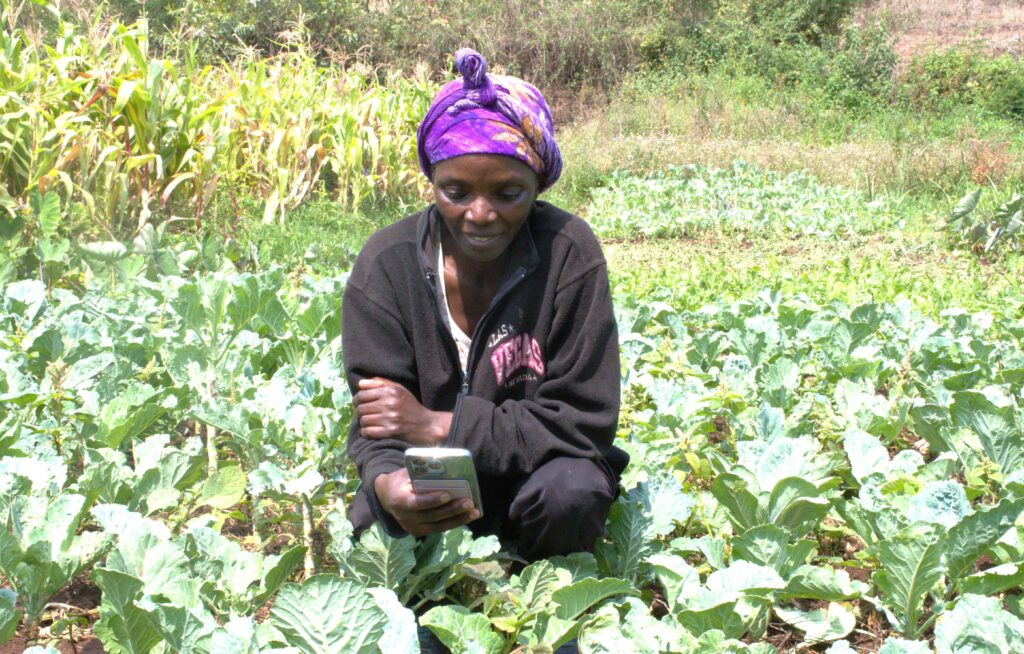
Susan Nduta, a resident of Ngong farming around Kerarapon and Karinde has been using the app, saying it is reliable. She plants traditional vegetables like managu and mchicha (amaranth), kales, among other crops and says she usually faces various challenges. “Sometimes you can plant, and the entire crop is attacked by disease. At that point, you don’t know the correct remedy or the correct place to get advice.”
She learnt of AgroMind AI from a friend, and she says things have been a bit easier for her. “I usually use it to diagnose my crops and also for the weather forecast to plan my watering schedule. I also get the confidence to use it because I know I can reach out to a specialist through the app to confirm anything. I urge my fellow farmers to upgrade their farming and embrace AI and technology for better returns.”


